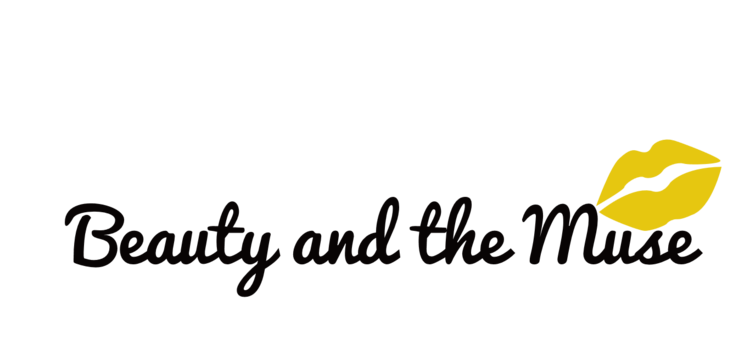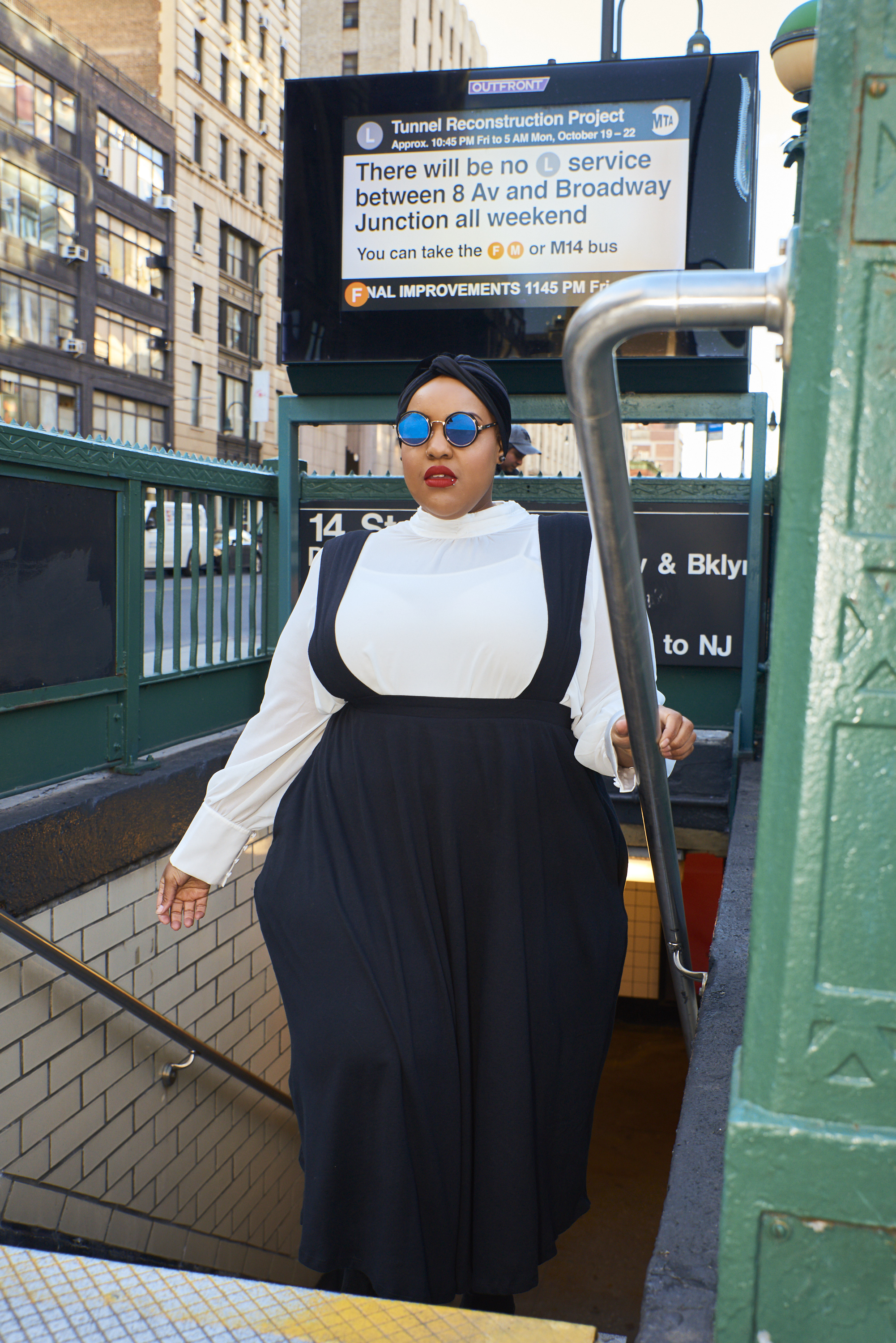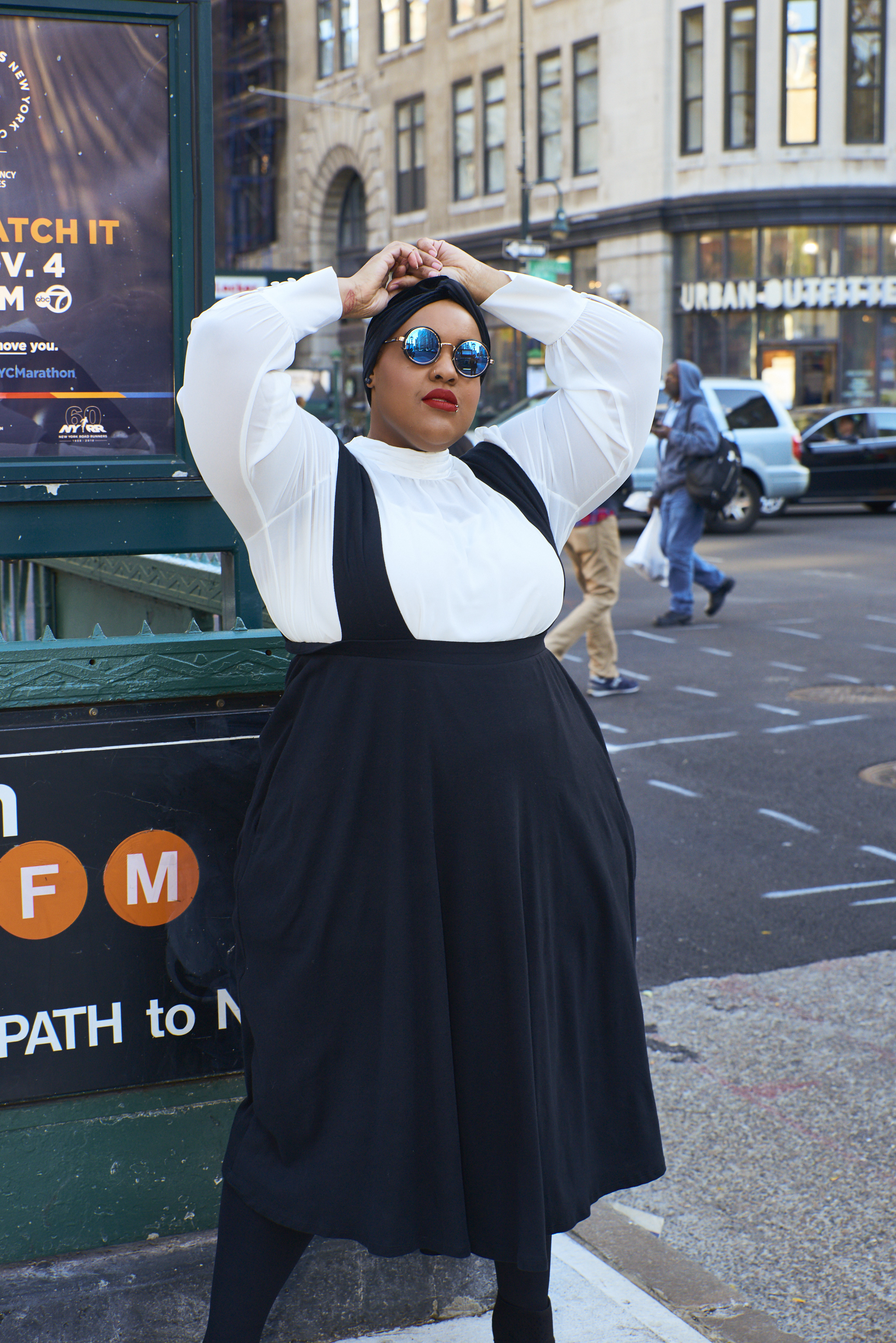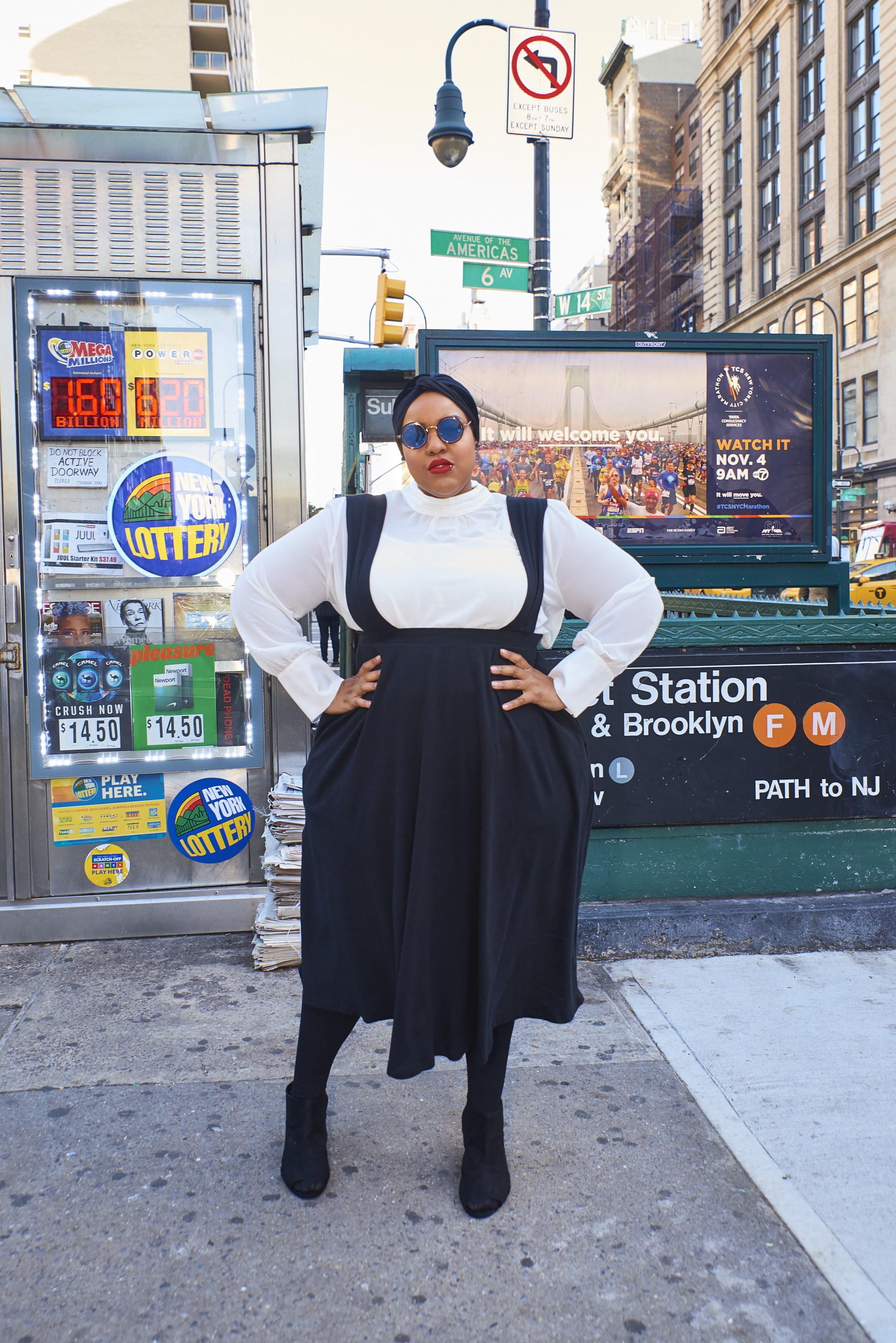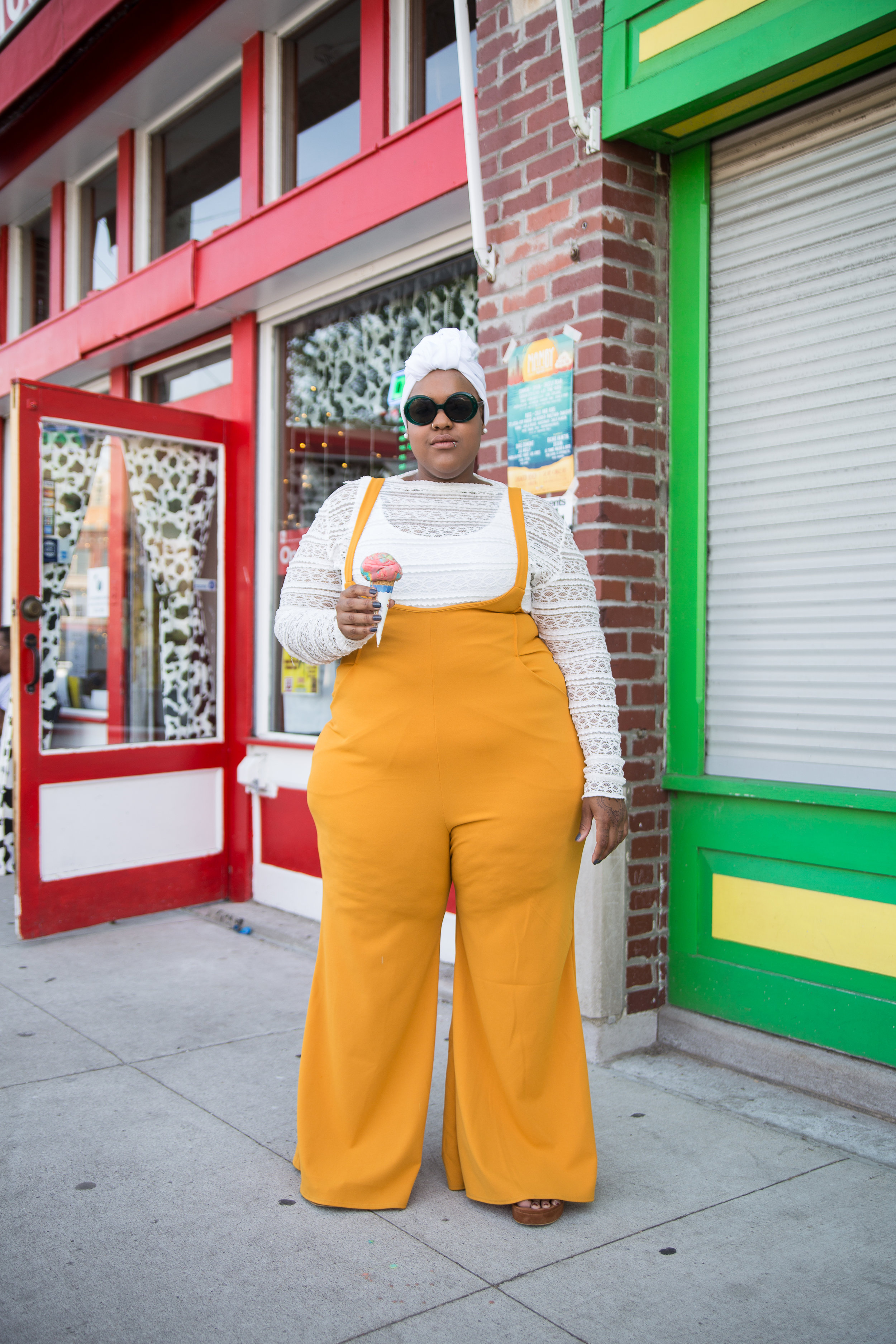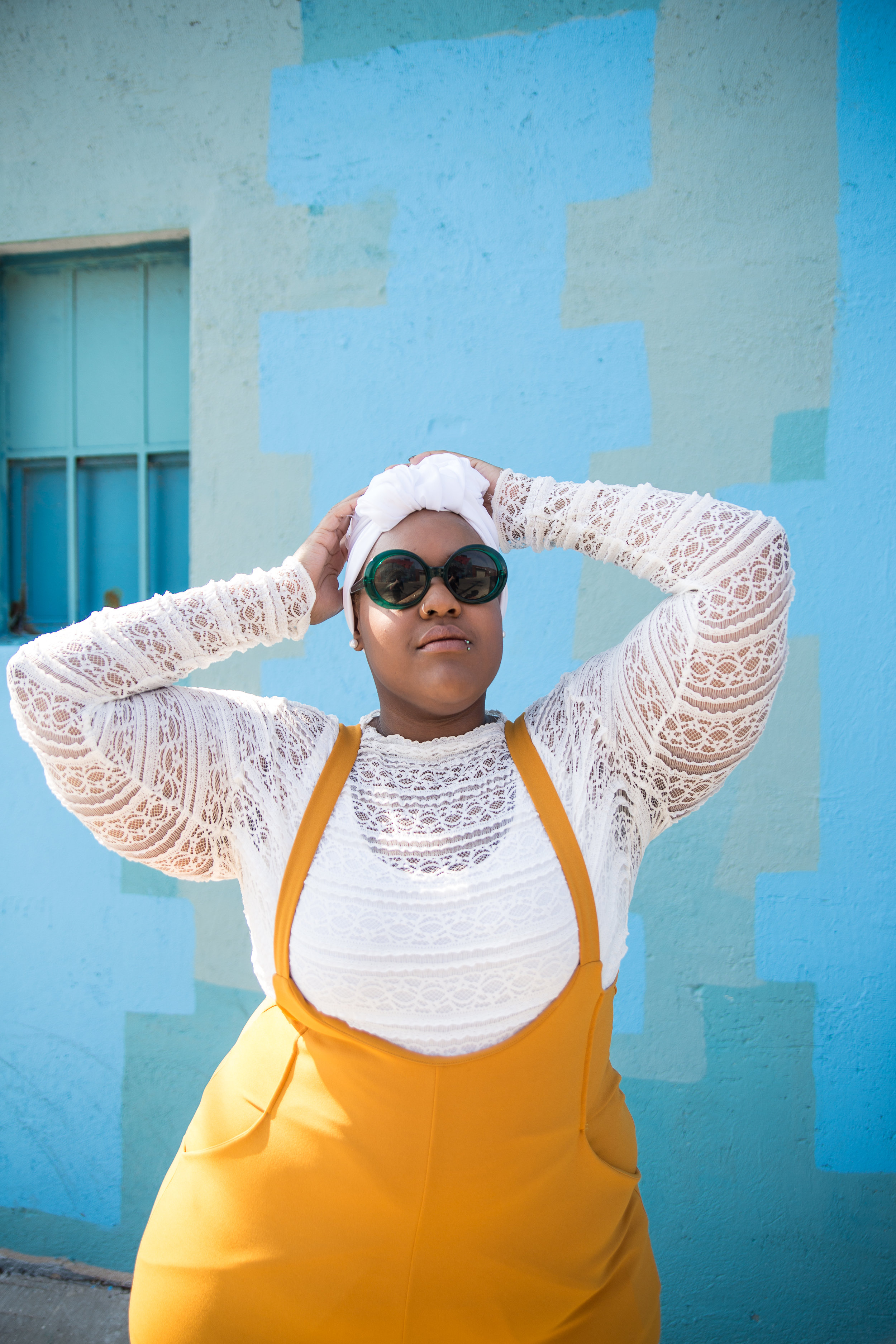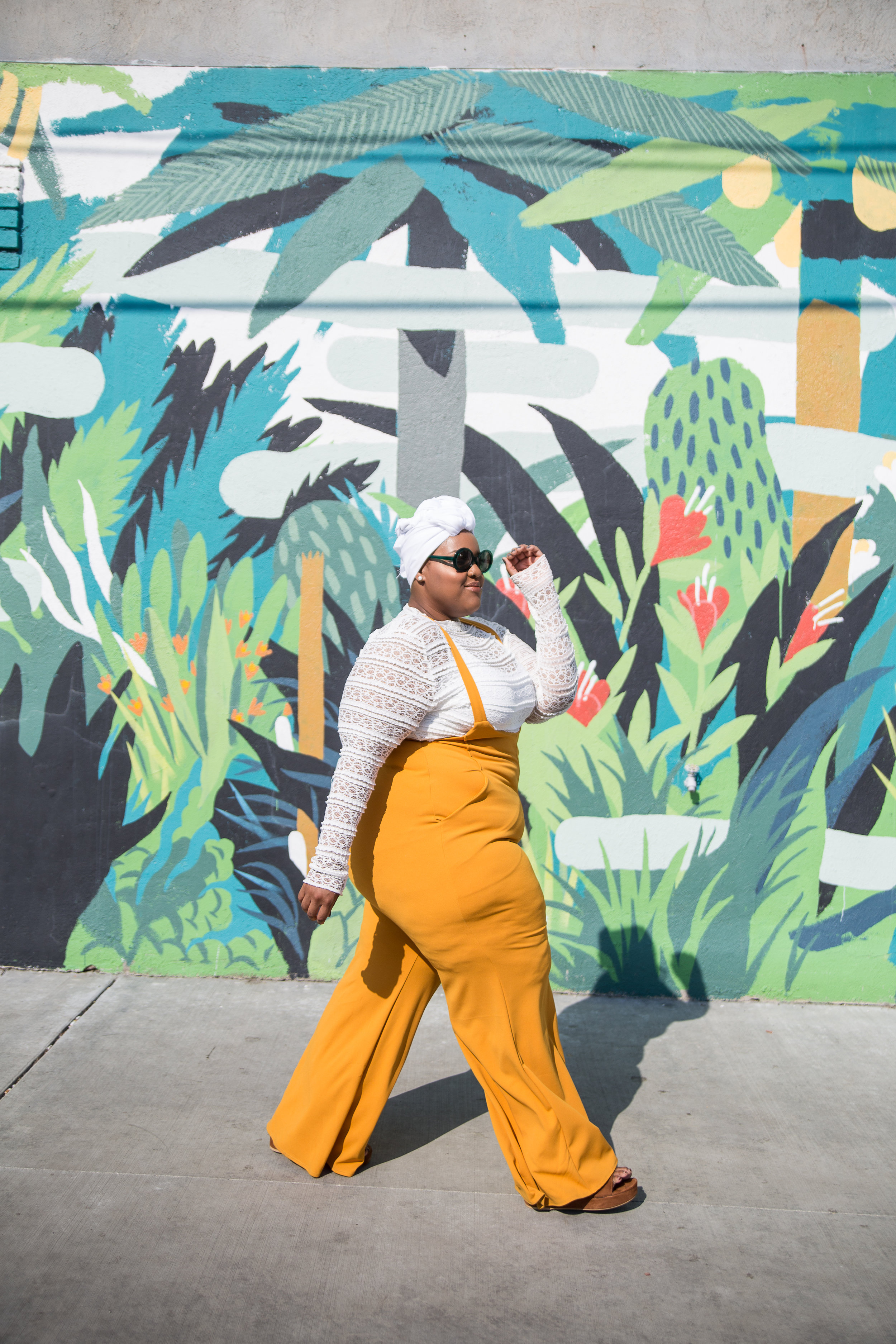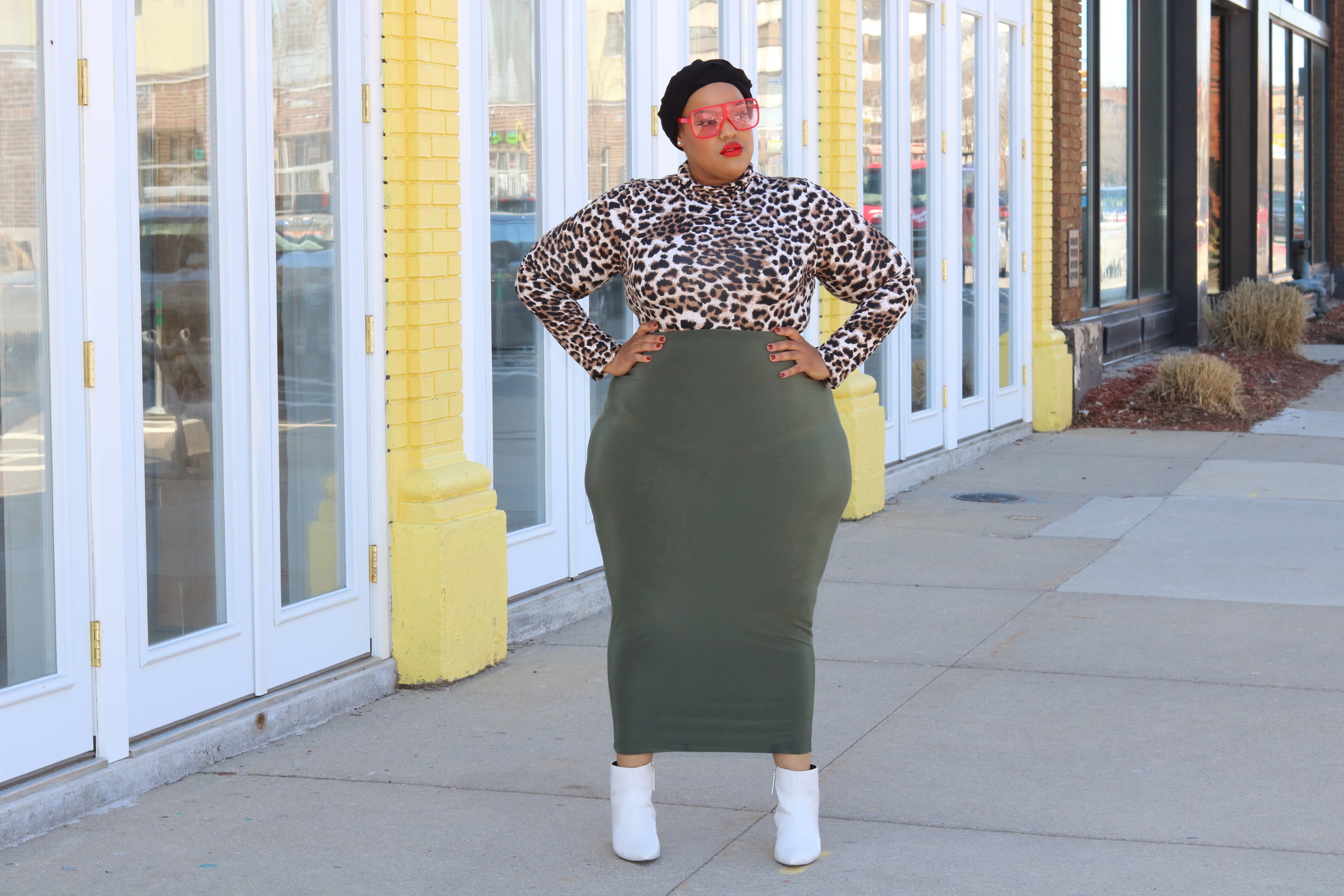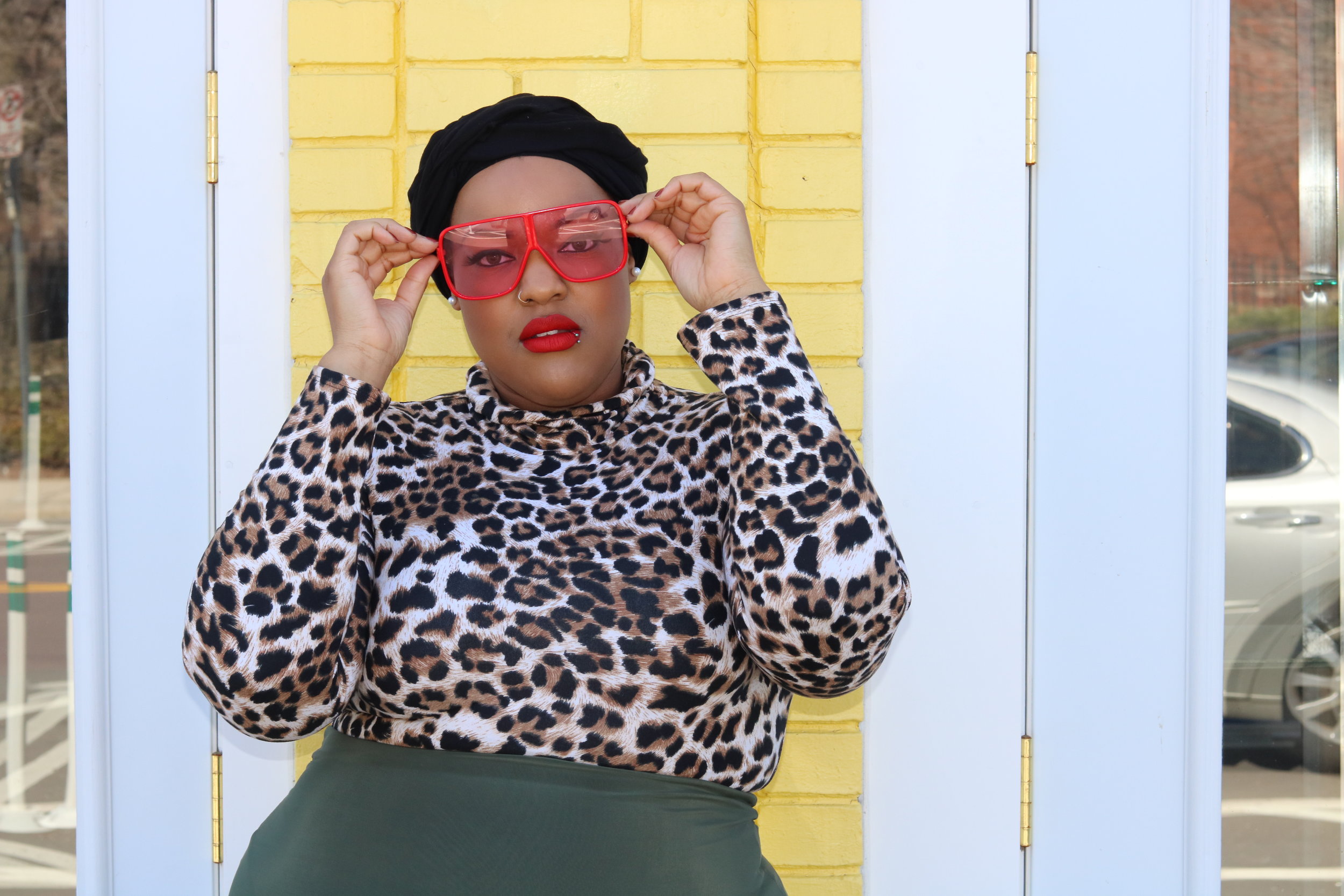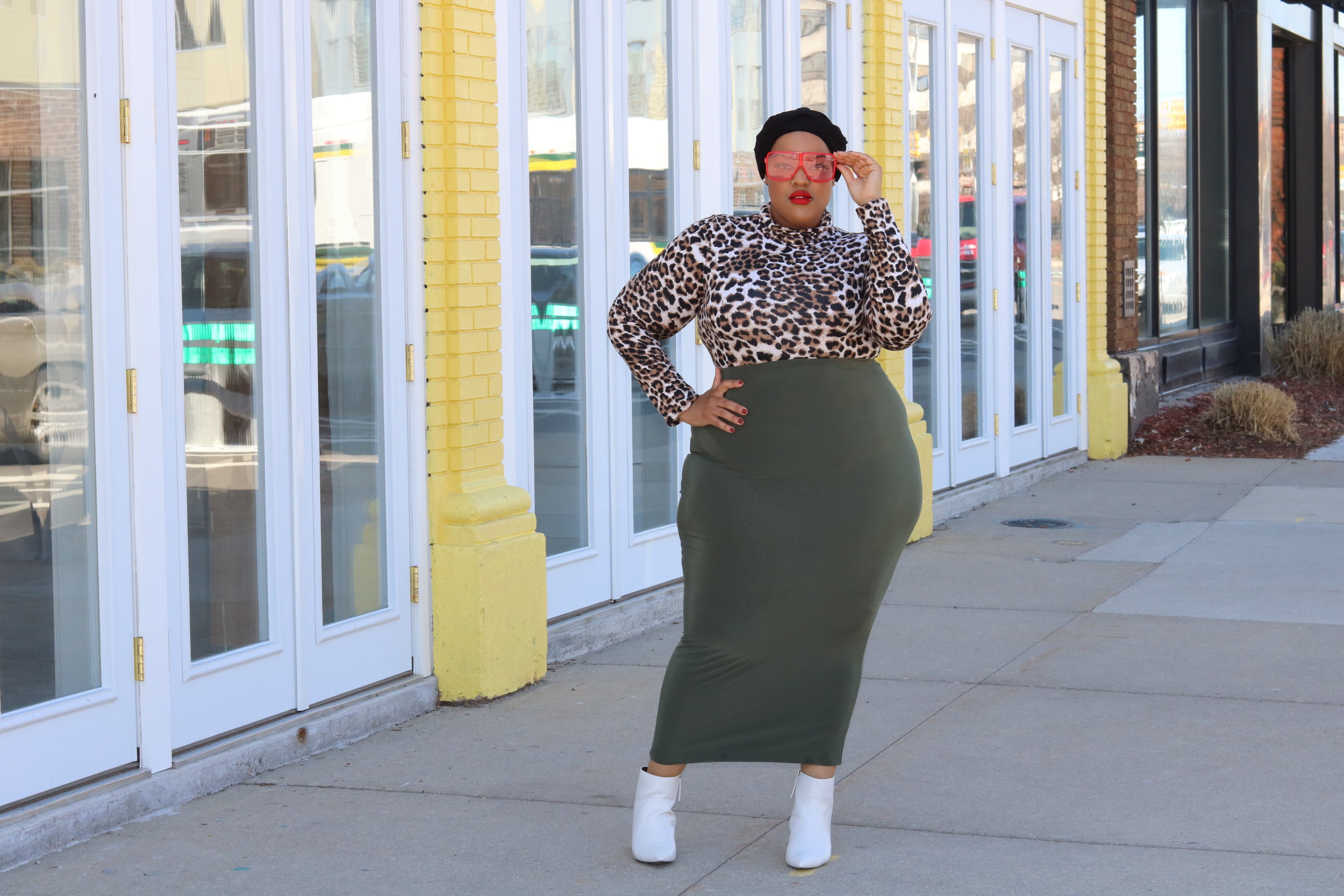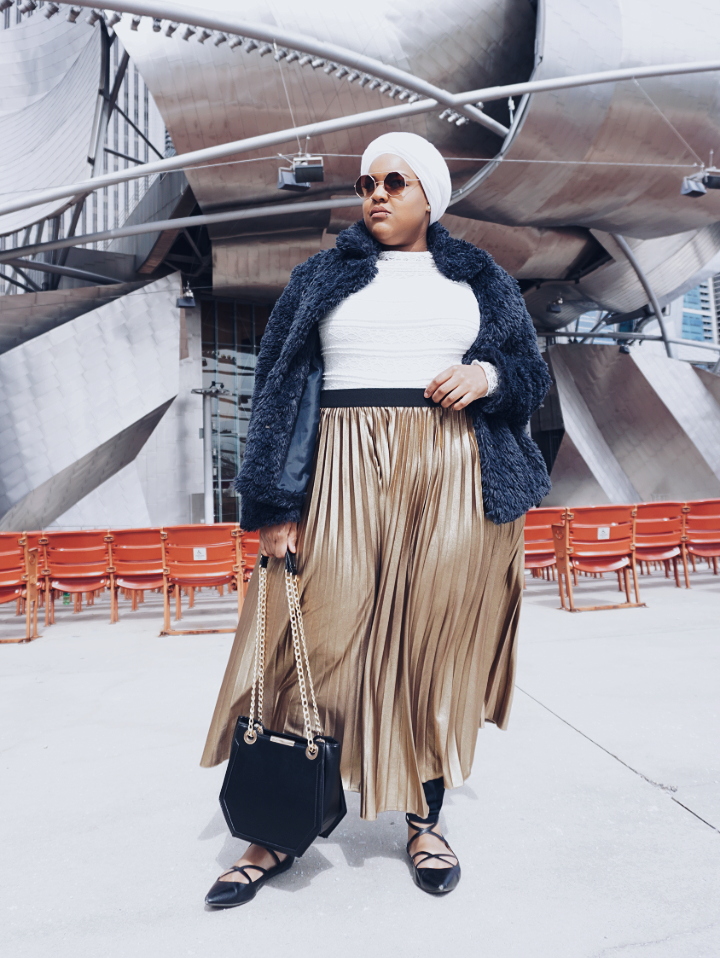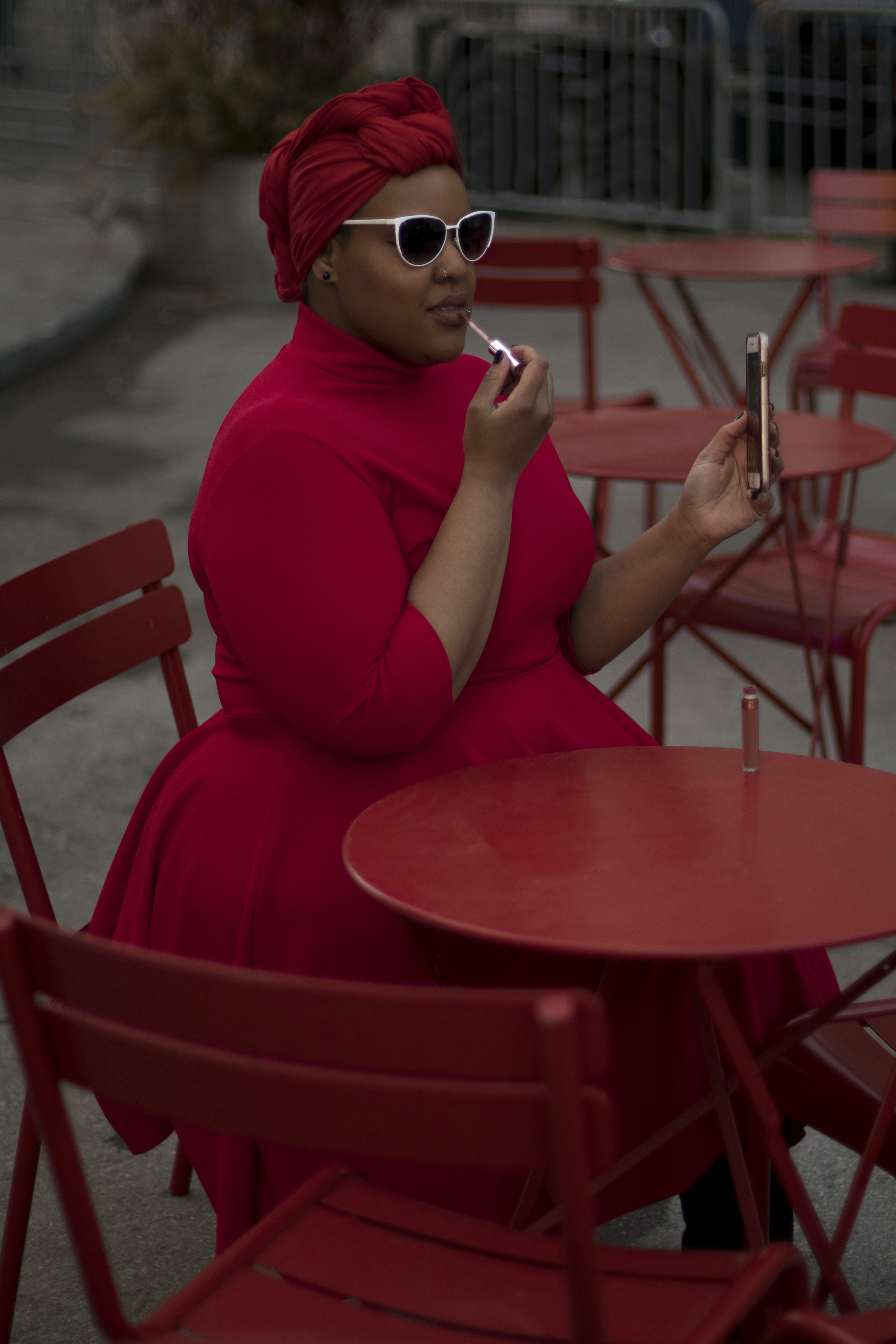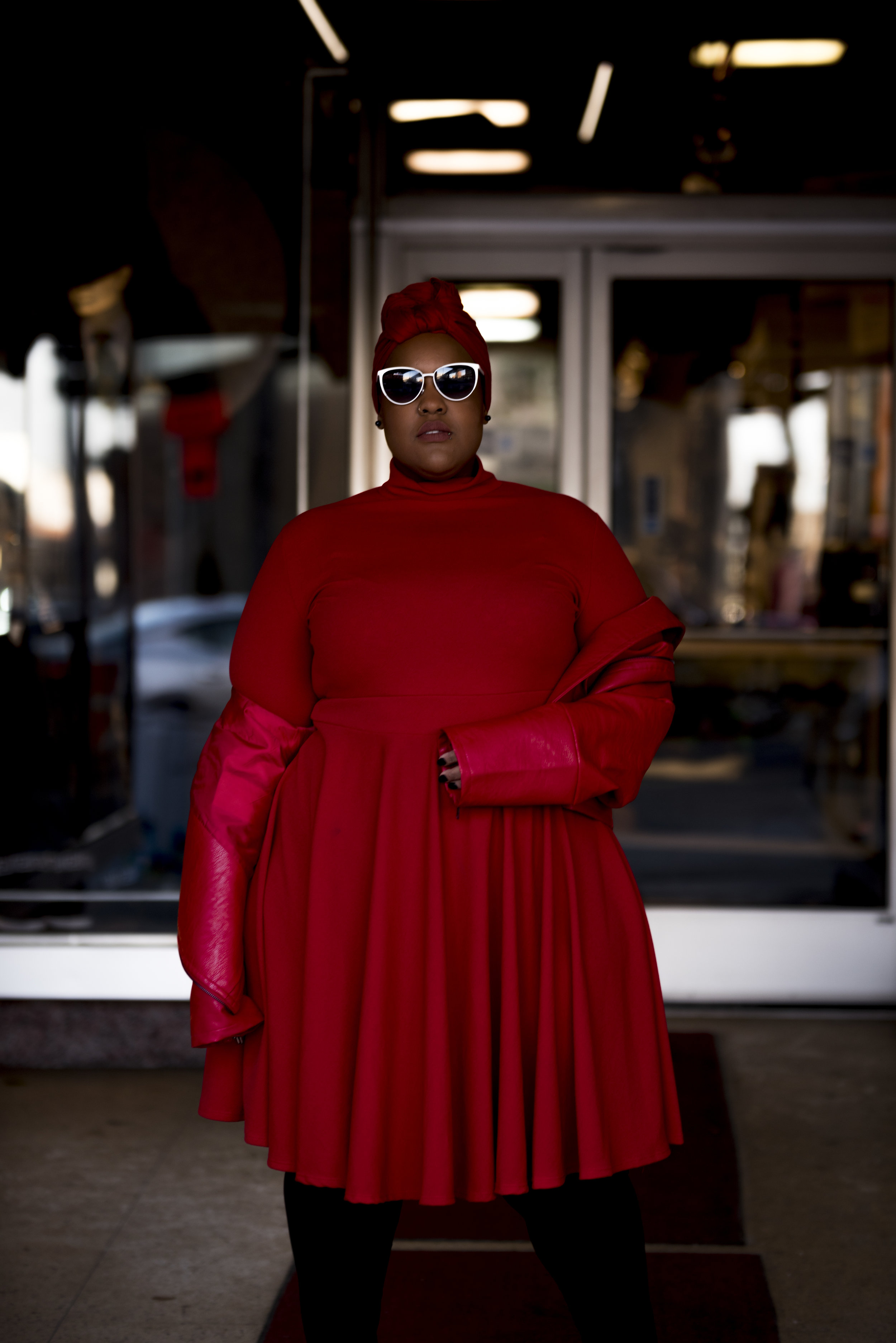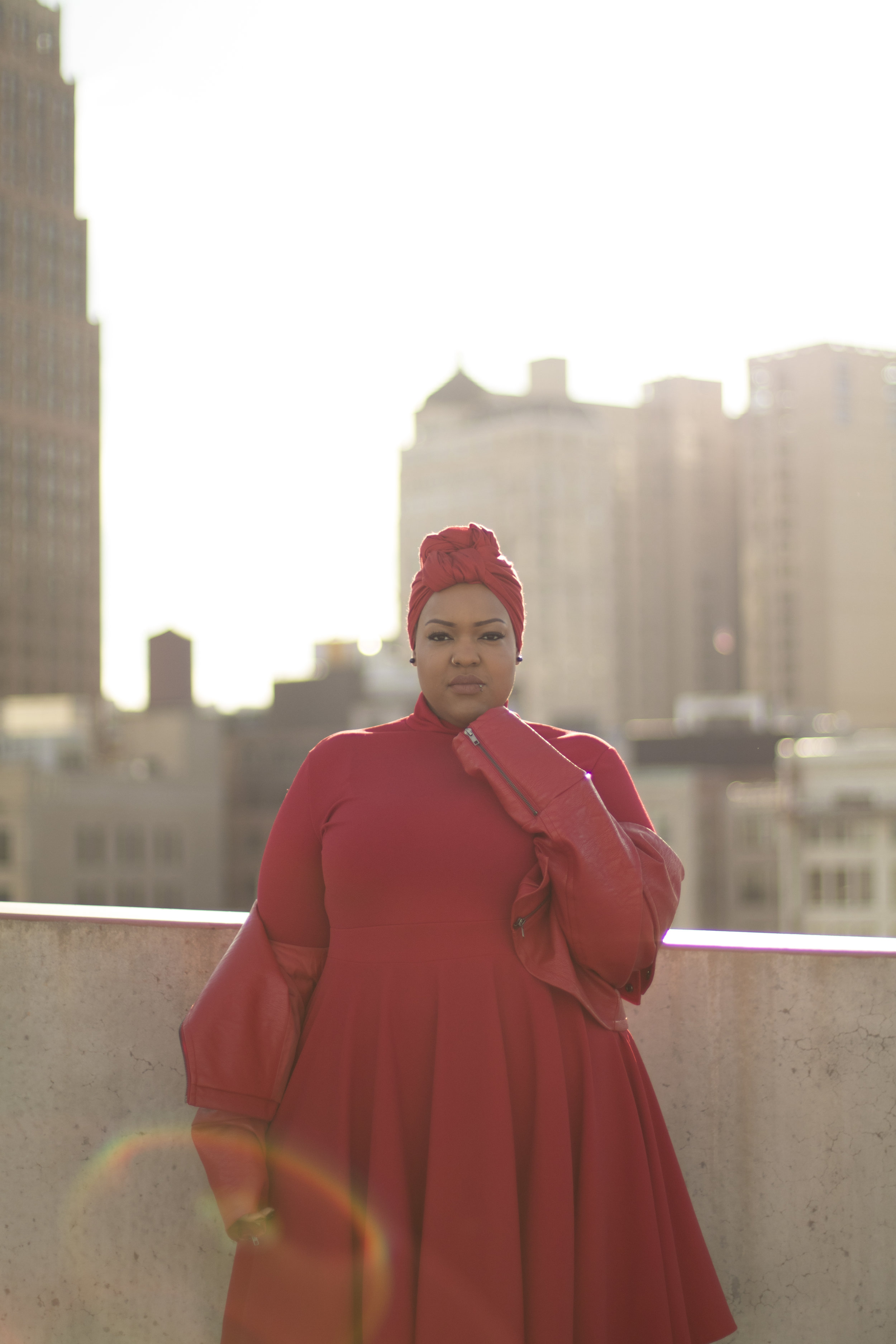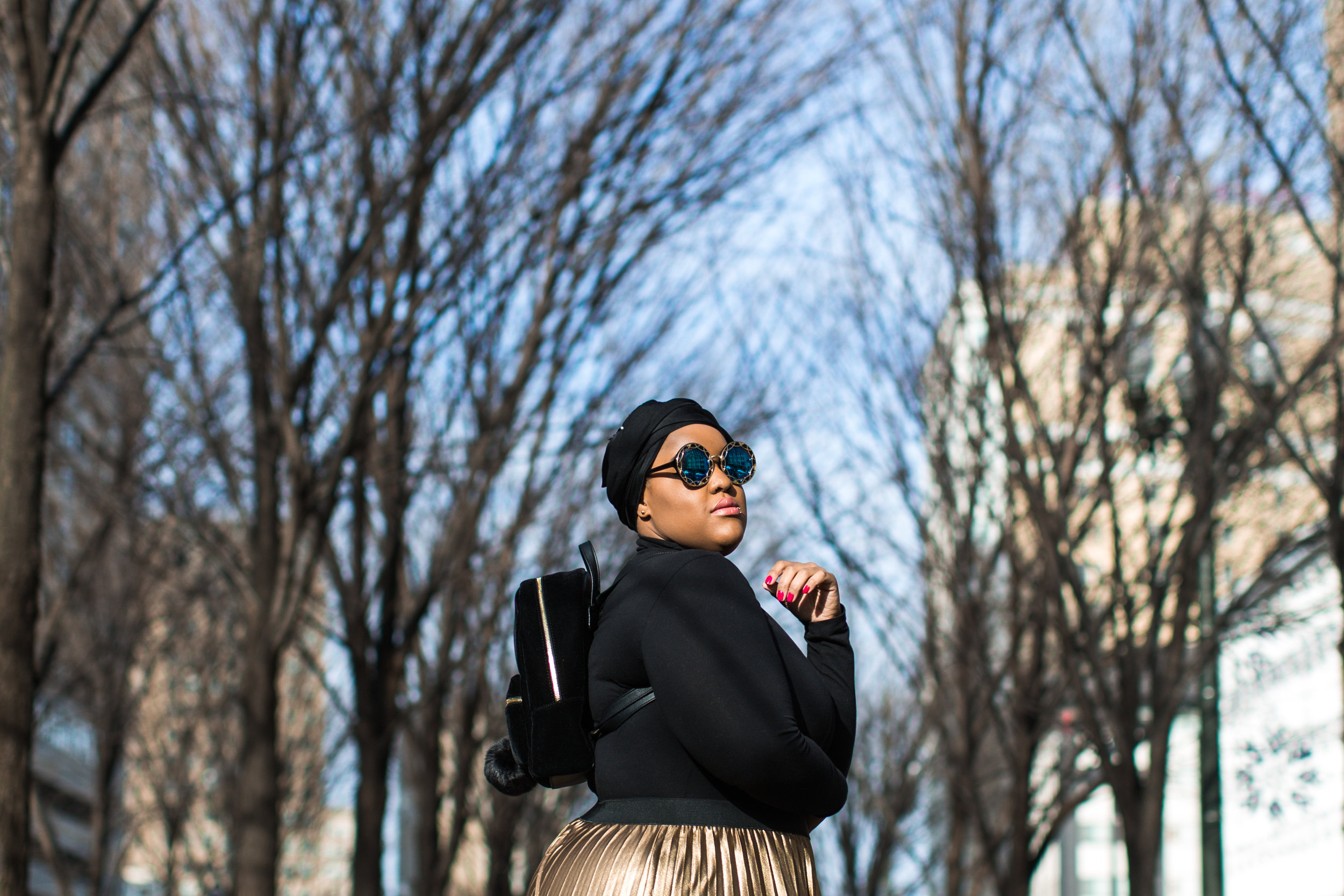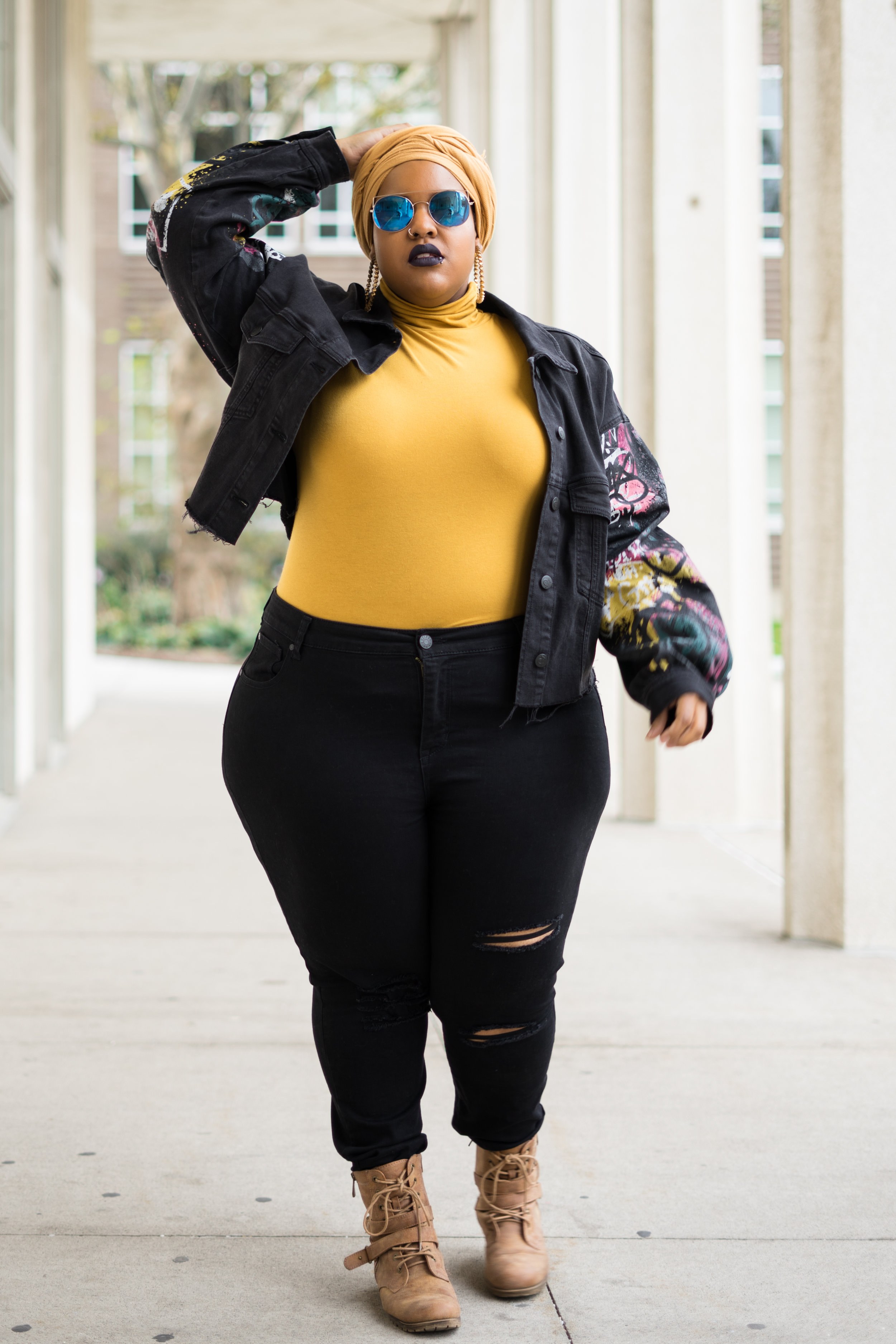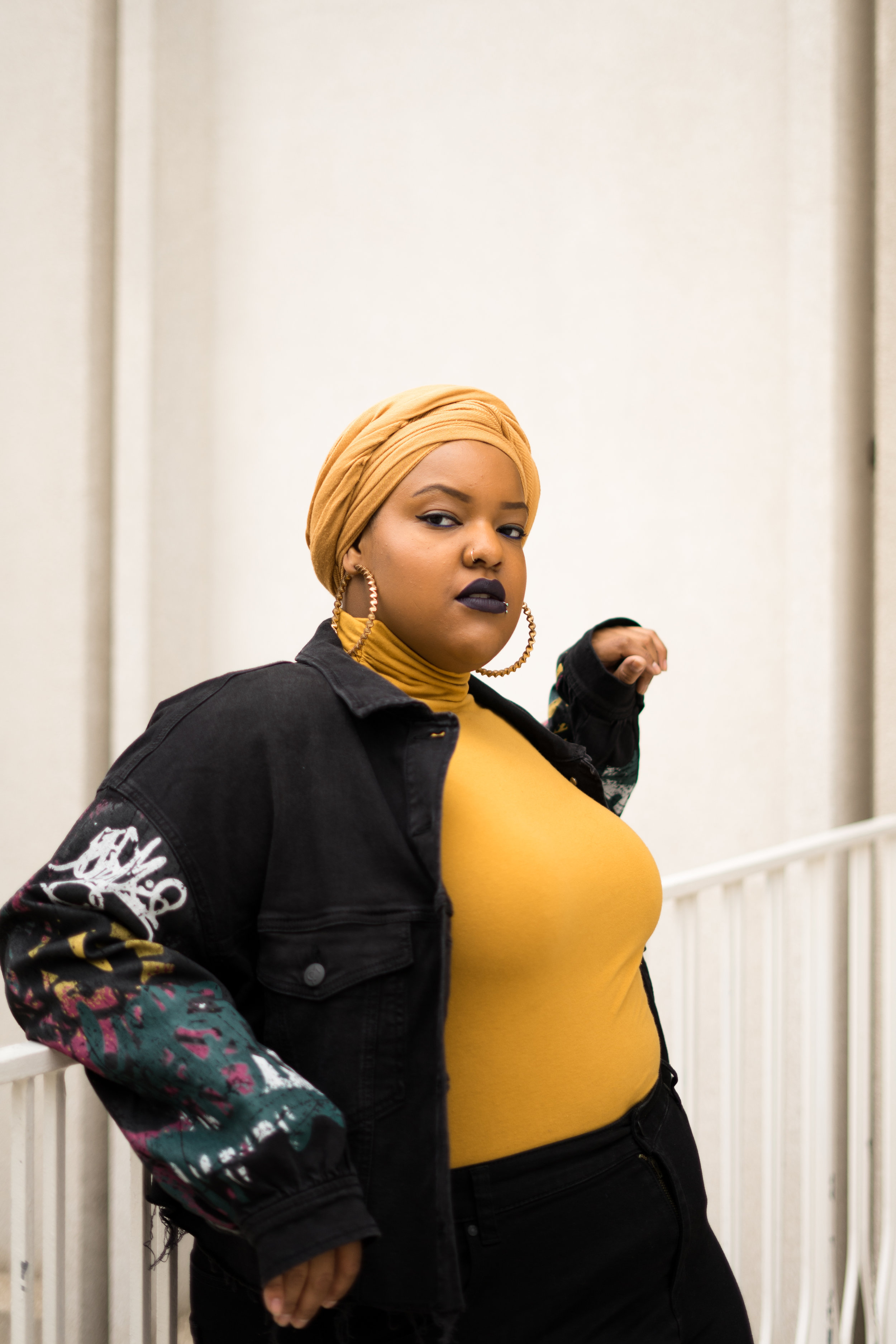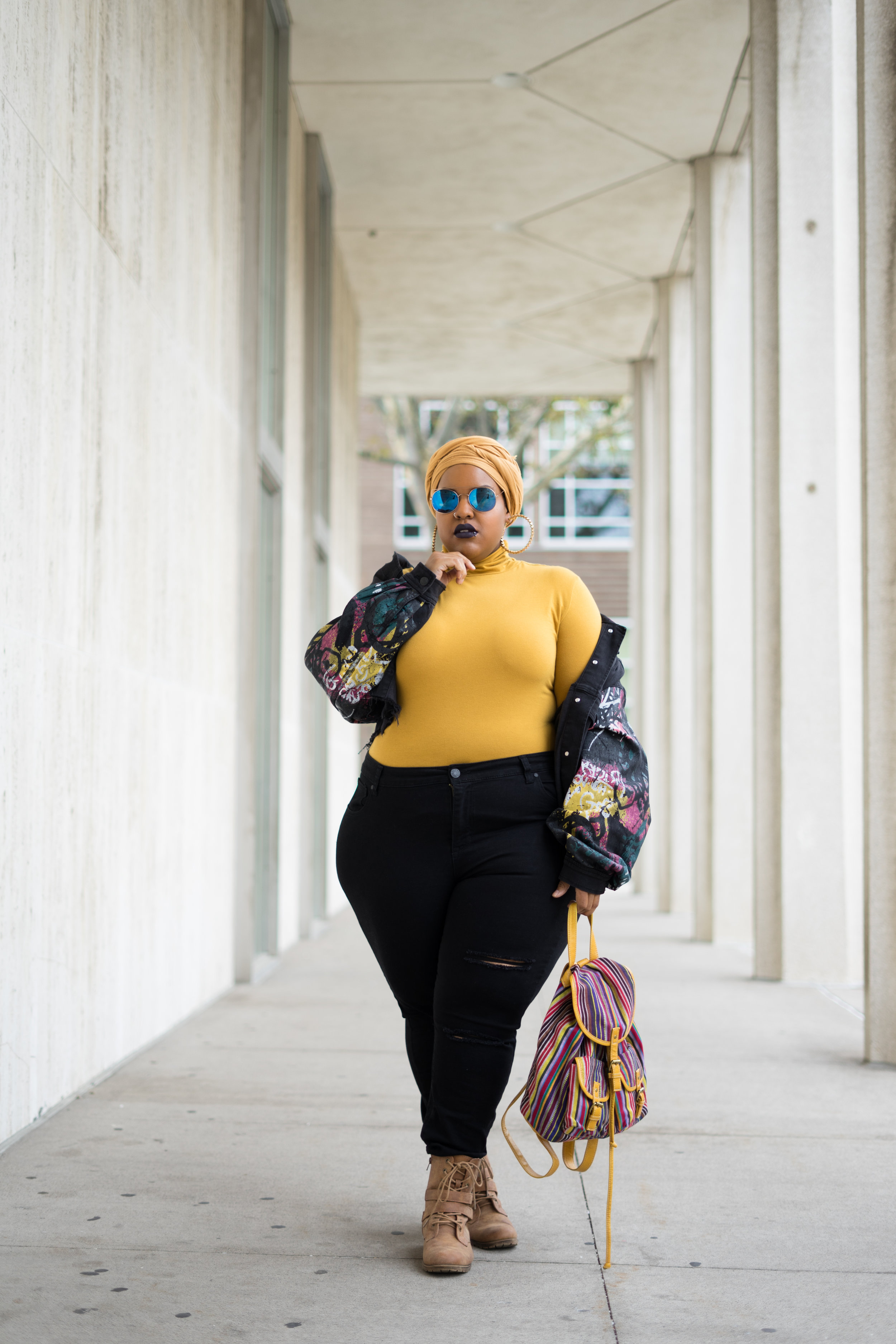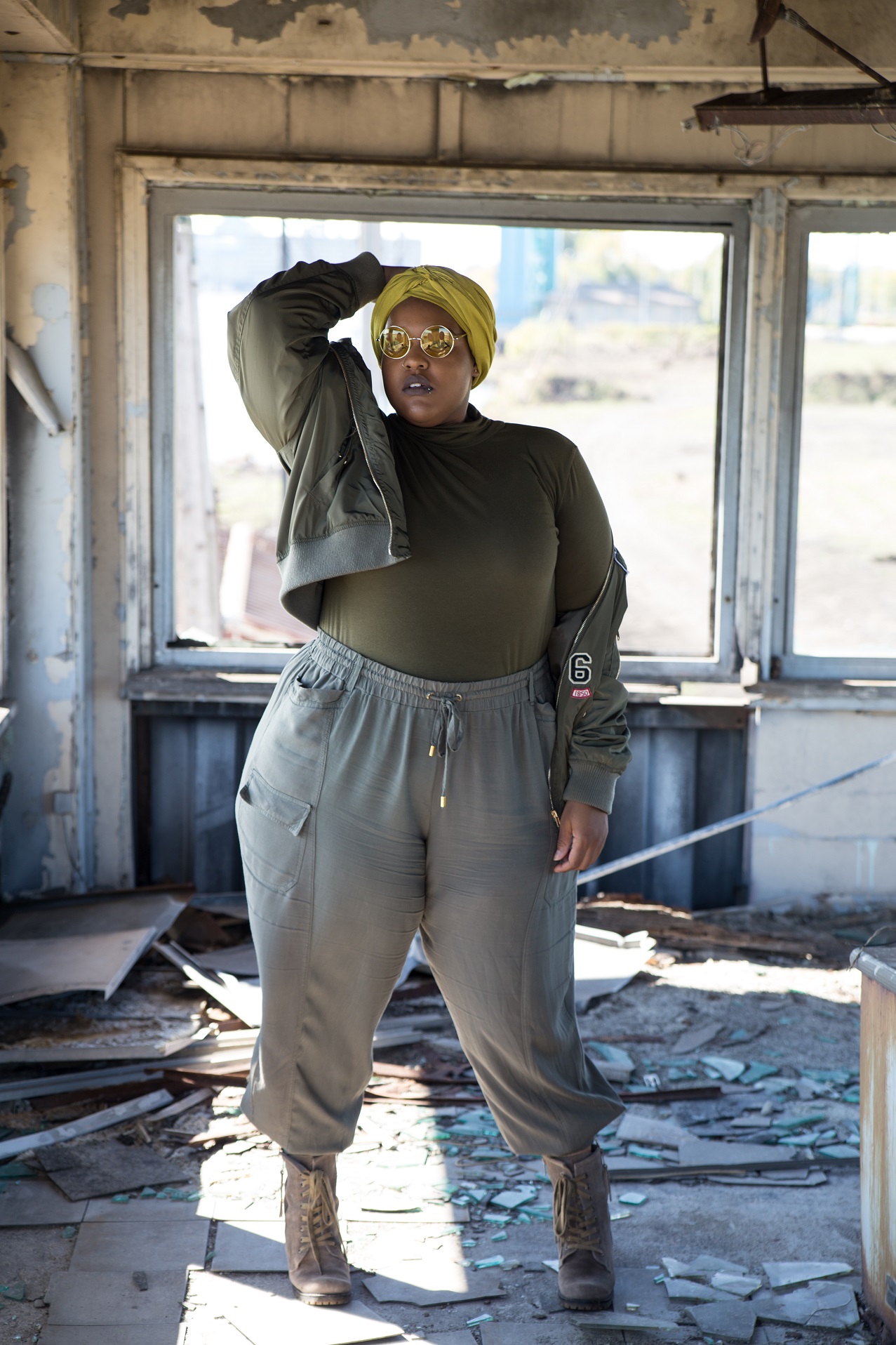I don’t like to be the bearer of burden. And, I’ll probably receive hella hate for writing this, but I’m about to be a young-looking 30 and as I age, I’m figuring out that I have very little fucks to give.
I’m 100% sure that this happens in every religion and culture, since the beginning of time, but because I’m Muslim, I’m going to focus on Muslim men.
Islam is a fair and peaceful religion, way of life. It lays out women’s rights; the ability to own businesses, seek divorce, and attain quality education. It clearly speaks against oppression. To even be a Muslim and oppress is an oxymoron, but time and time again we see these acts in our communities and abroad. It isn’t the religion, people! It’s the individuals obsessed with greed. It’s culture. And, it’s just plain not caring about what the religion says and using it as a form of control. From what I’ve seen mostly of the control and policing of our girls and women. Yeah, kinda like how Europeans used Christianity on African slaves or cults use ‘belief’ to control their followers.
With that said, let’s talk about the ‘boys will be boys’ mentality that I’ve seen in several Islamic communities.
One of my friends had a brother who wasn’t forced to cook dinner for the family like his sisters were. He did have dishwashing duties, but would often neglect them to hang with his friends. His sister and I were chillin’ one day and her mother called her. My friend told me that she had to go. When I asked why, she said because her mom wanted her to wash dishes.
Another unequal rule that was enforced was girls staying out past Mahgrib. Every Muslim boy could be found playing basketball, walking to the store, or just hanging at a friend’s house while the girls were forbidden to leave the confinements of their home. When asked why, the responses ranged from it was ‘too dangerous’ for the girls or plainly, because he was a boy, he could run the streets, and you can’t so just deal with it until you get married.
I’ve had friends that brothers were allowed to receive phone calls from girls, have porn under their mattresses, and even date. If a Muslim girl even looked at a boy, it was over for her. She’d be banished to the prison that was her home. For eternity.
Infidelity, adultery is a biggie. Muslims love to skate over that one. Especially if you have a penis. You get a ‘get out of jail’ card immediately. You get 99 excuses plus one. Basically, you didn’t even do it, even if they got you on tape. I’ve heard these responses in regards to Muslim men cheating. “Well, maybe he cheated because she wasn’t satisfying him.” “He only cheated once. What’s the big deal?” “He can have up to four wives anyway?” “You want to divorce him just because he cheated?”
If a Muslim woman cheated, the Day of Judgement would have truly arrived. The woman would literally be pulled out of her home, beaten in the streets, tongue whipped on Facebook, scolded by all and every family member, even cousins she’s never met before, ‘whore’ stamped on her forehead, then divorced and tossed into a deep, dark pit with a hungry lion inside.
And, don’t get me started on old, crusty Muslim men or Muslim fucbois requesting virgins…
I was in college when I started partying. I ripped my hijab off and put on a little black dress. Inside the club, my friends and I noticed a few Muslim guys we knew from the local mosque with drinks in their hands. I wanted to duck and dodge, but my friends told me that they’d already seen us. I rolled my eyes and followed.
They gave us salaams.
“Why are you guys here?” one of them asked.
I put my hand on my hip. “The same reason you guys are.”
He scoffed. “No hijab?”
“Not tonight.” I grinned.
“Y’all better not be drinking.”
I pointed to his glass. “Like you?”
Of course, he went back and told the whole community about our indecencies. So, we were deemed ‘those kind of girls’. They warned the good and holy Muslimahs not to speak or hang around us. But, the Muslim guys totally soared past the important portion of the discussion: we were all Muslim and none of us should have been in the club with drinks in hand and hijabs left in the backseat of cars. But no one, not one person pointed that out that fact as they hyped the story of us being bad Muslims.
Can we please stop this? Stop enabling these boys. You’re creating arrogant, Muslim fucbois who feel entitled to bigotry and sexism. Stop telling them that it’s okay to treat their women as if they are their mothers, that it’s okay to drink liquor but not eat pork, that it’s okay to marry a virgin when you smashed half the team. Stop making Islam look, appear to be one-sided. Stop using Islam to validate your foolishness. That is not ISLAM!
As a Muslim girl, I feel like you have to be everything to everyone at all moments of time. How tiring is that? What kind of life is that to live? You have to be pure to Muslim men, nonthreatening to white people, become Mufti Menk at the mosque. We all can’t be Mufti Menk.
I know that I’m not the only one whose experienced these ‘boys will be boys’ moments in the Muslim community.
I want to hear your stories. Put them in the comments below if you’re tired of the bull!
xoxo,
Leah V.
